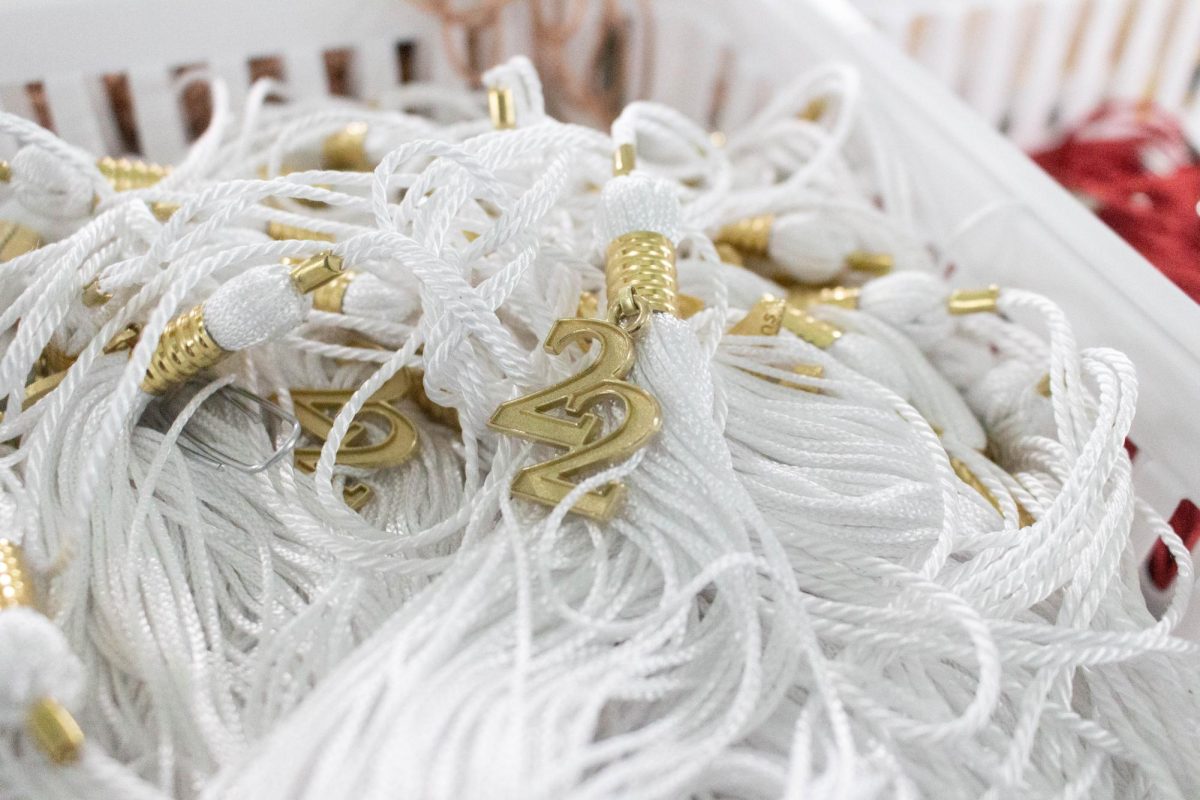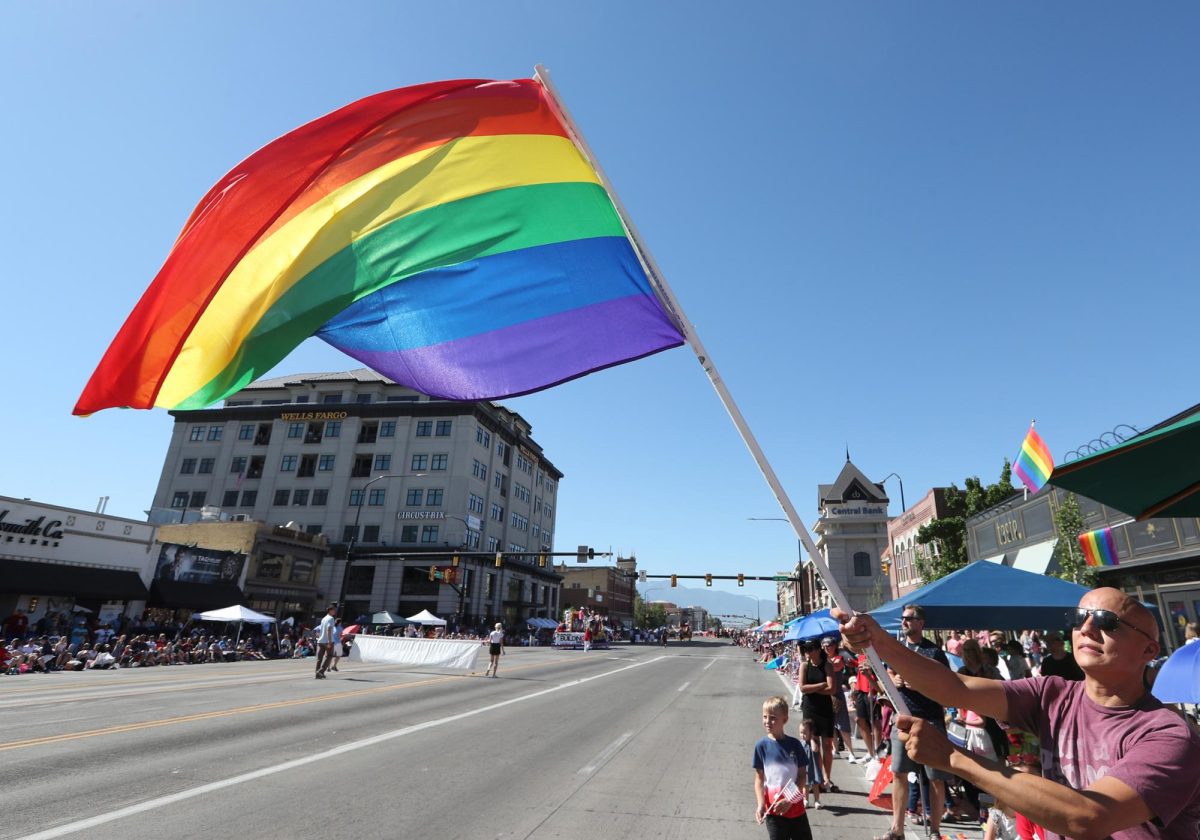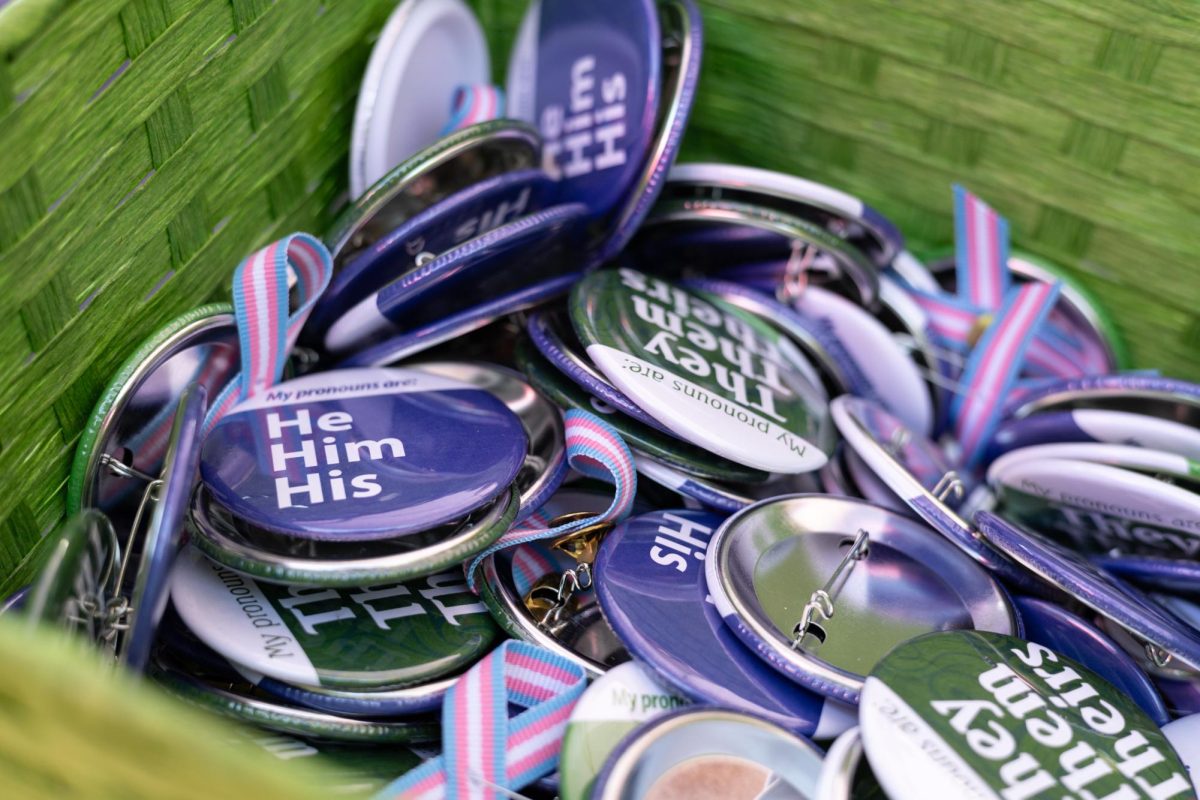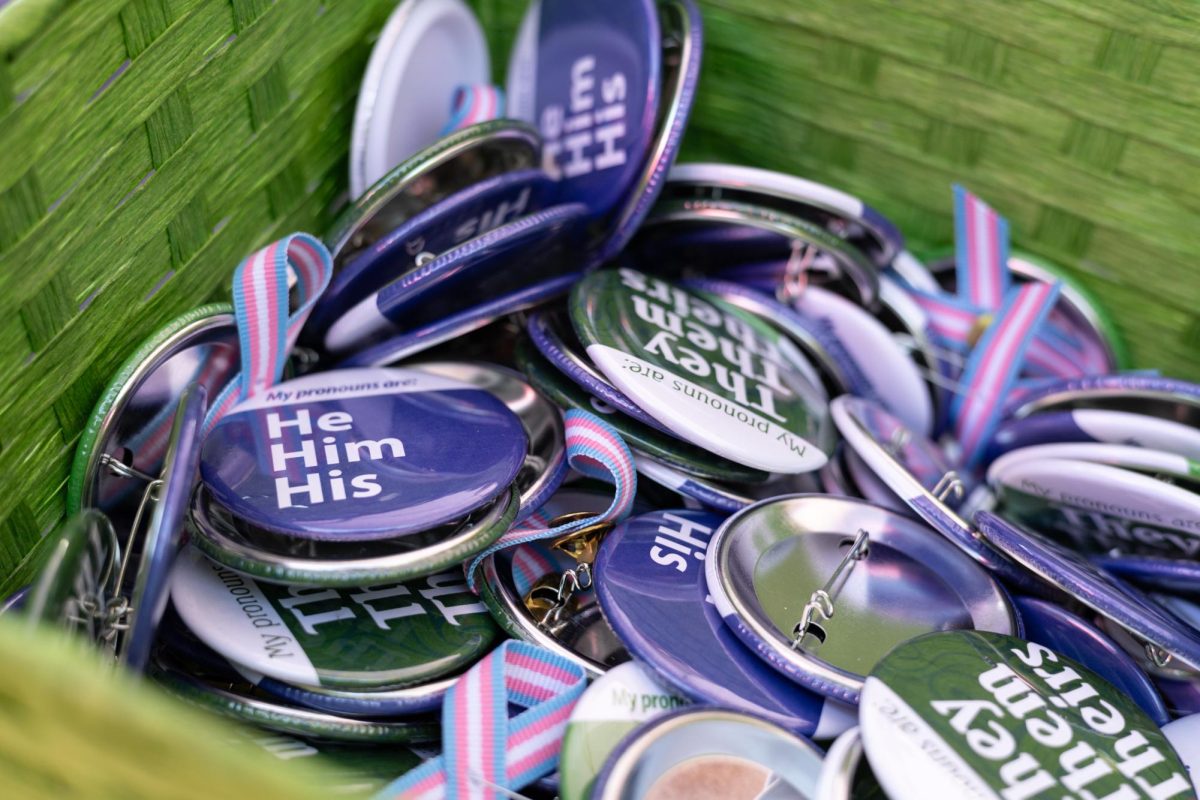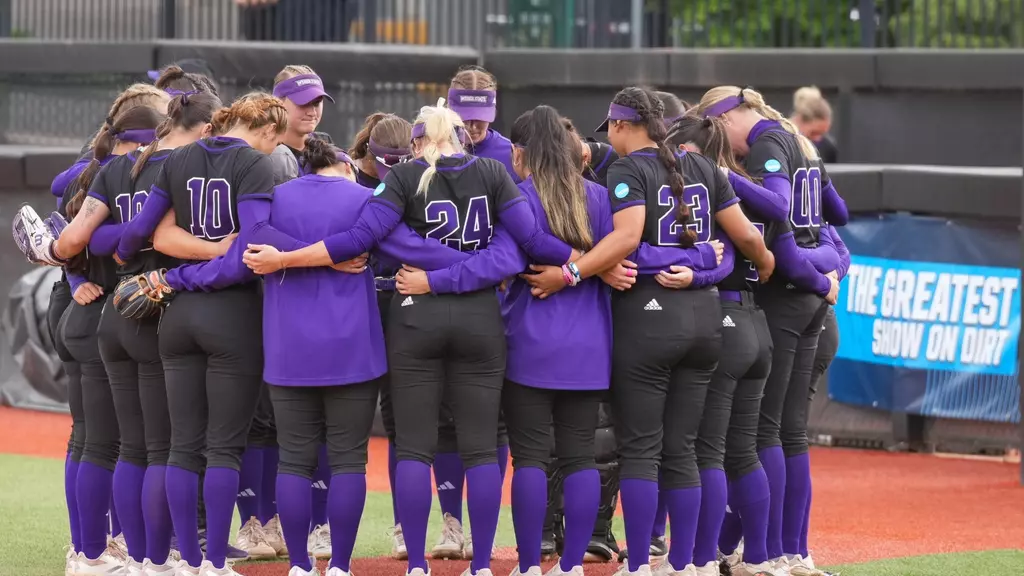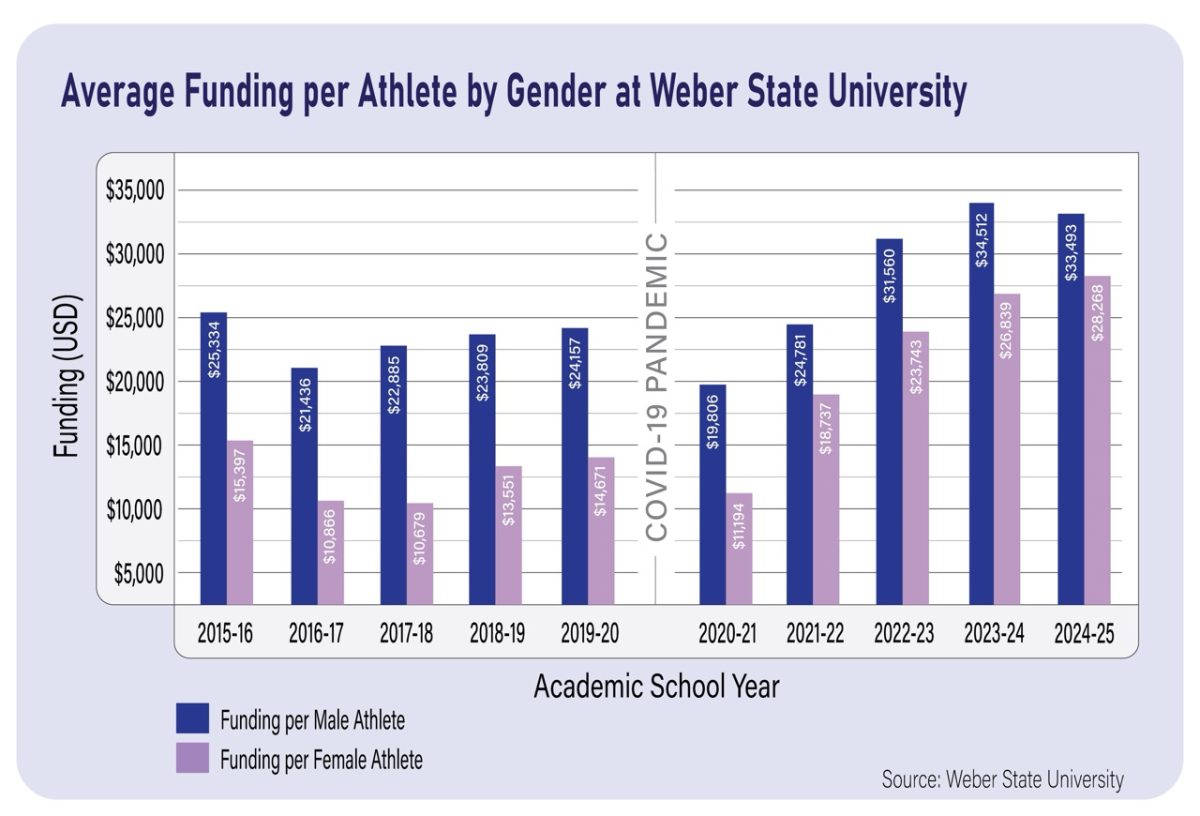
Middle East Editor of Newsweek Magazine, Janine di Giovanni, spoke at Weber State University on April 4 about the tragic realities of the present Syrian conflict that she witnessed while reporting on location.
di Giovanni tells the stories of her ordeals in Syria is to educate others about what is happening in the world and to explore the thousands of Syrians’ stories that go unheard.
“If I was poor, illiterate and living in a refugee camp, I would want someone to tell my story,” di Giovanni said. “After understanding what’s happening in Syria, if you feel inspired or more curious about Syria, then I’ve done my job.”
Di Giovanni is known internationally as the driving force in the well-received documentary, “7 Days in Syria,” which chronicles di Giovanni and those living on the frontlines of the war in Aleppo and their perspective of the Syrian Civil War.
The film was an important topic for di Giovanni, she told the lecture attendees. She mentioned that she tries to stay in contact with the people in the film to keep track of their lives and their safety.
di Giovanni also mentioned that her passion for reporting originates from her distaste for injustice.
“When I went to Palestine for the first time, I couldn’t believe what was happening,” di Giovanni said. “I grew up in America. I was told that Israel was a wonderful democracy. Suddenly, I saw people who were treated in the most inhumane way by democracy.”
Faculty and staff at WSU, who helped bring di Giovanni to campus, expressed their enthusiasm for students to gain a better understanding of the Syrian conflict.
“People need to understand that the Holocaust was not an isolated event,” said Adrienne Andrews, WSU chief diversity officer. “We continue to experience genocide globally. There are some who want to have a conversation about it, and there are others who don’t. It’s critical for us to figure out what do we believe, why do we believe it and what do we do next?”

This thought was echoed by di Giovanni as she addressed questions attendees had concerning current world affairs. Several people asked for her thoughts on topics such as Russian relations, future reconciliation plans in Syria and her thoughts regarding an end to conflicts in the Middle East.
She answered each question in detail, relating it to her experiences in the Middle East and the calamities she observed. di Giovanni also expressed her desire to help students “get the word out” about the Syrian conflict, so they can help bring about international change.
Several students who attended expressed their appreciation to di Giovanni and Weber State for touching on this topic.
“I’m glad that people in the university are making that effort to bring in these figures,” said student Ciara Shaw. “Of course, we could do our own research, but to what extent is that true? It’s a good and true resource for what is going on.”
Di Giovanni’s lecture was one of several events going on throughout the week of April 3, entitled, “Holocaust Remembrance 2017,” put on by the WSU Diversity Office.













